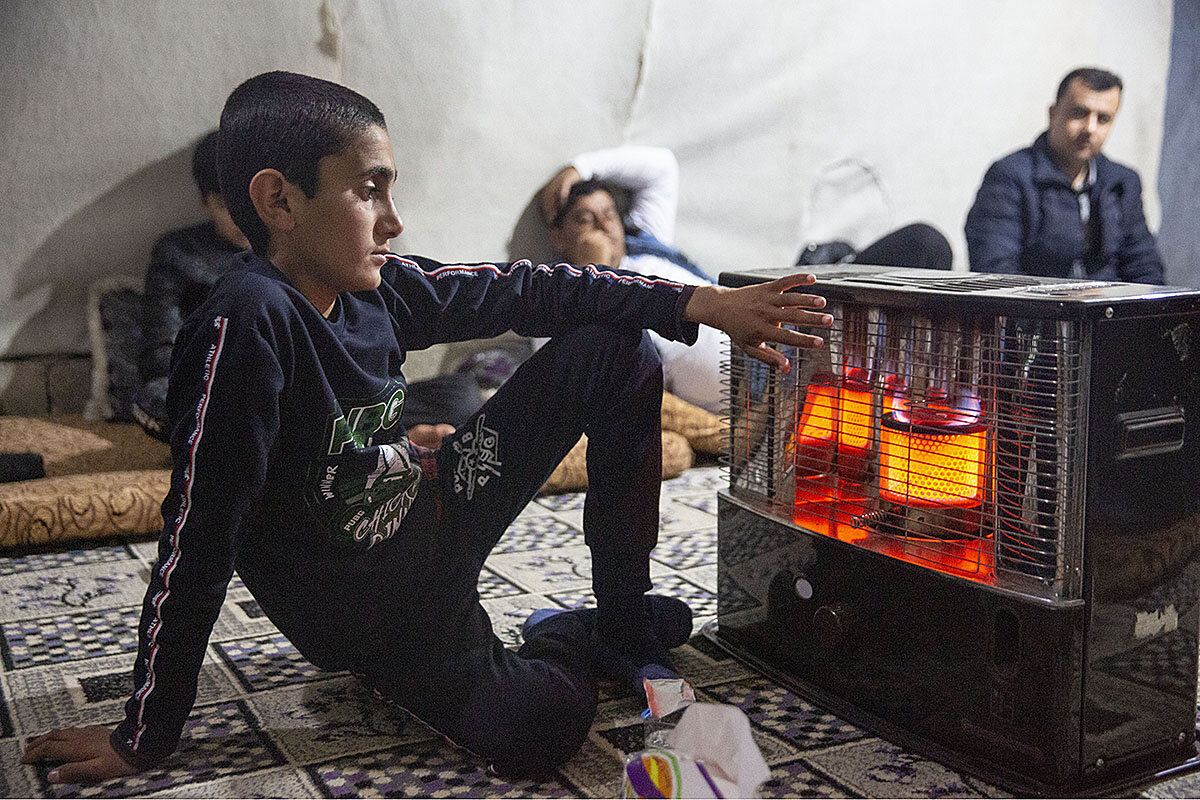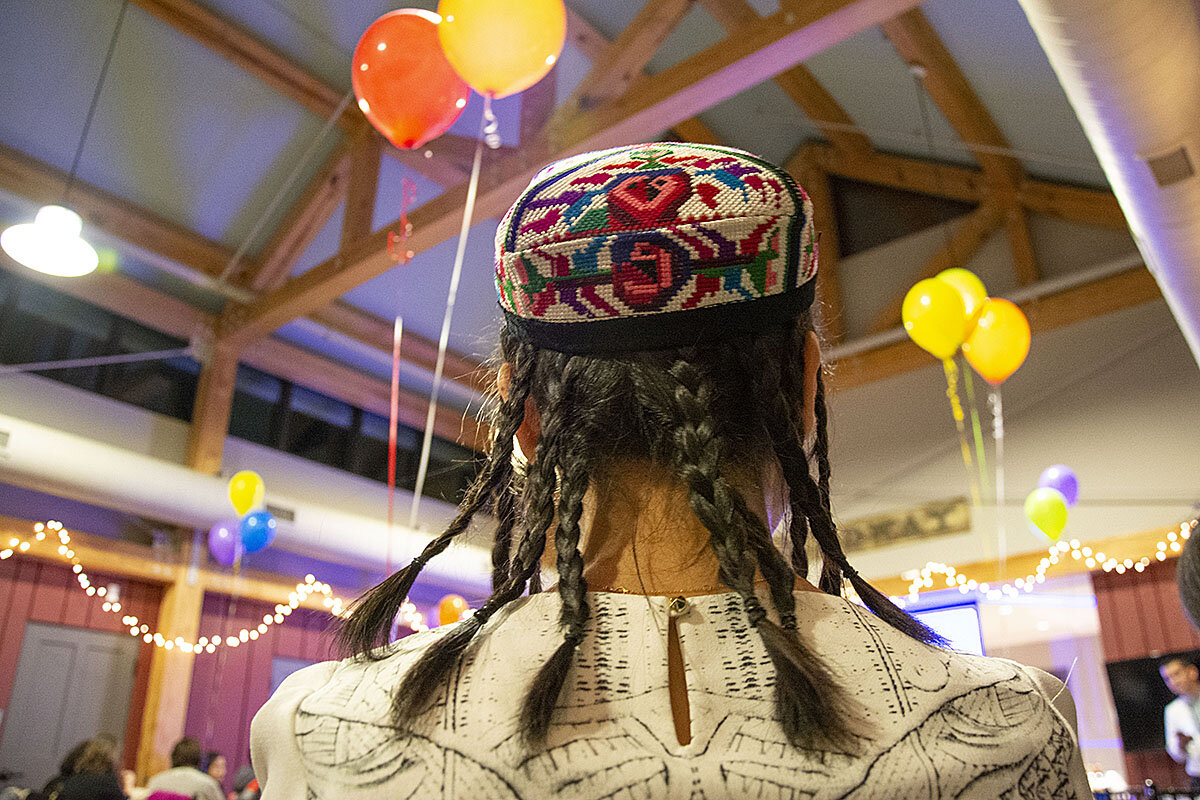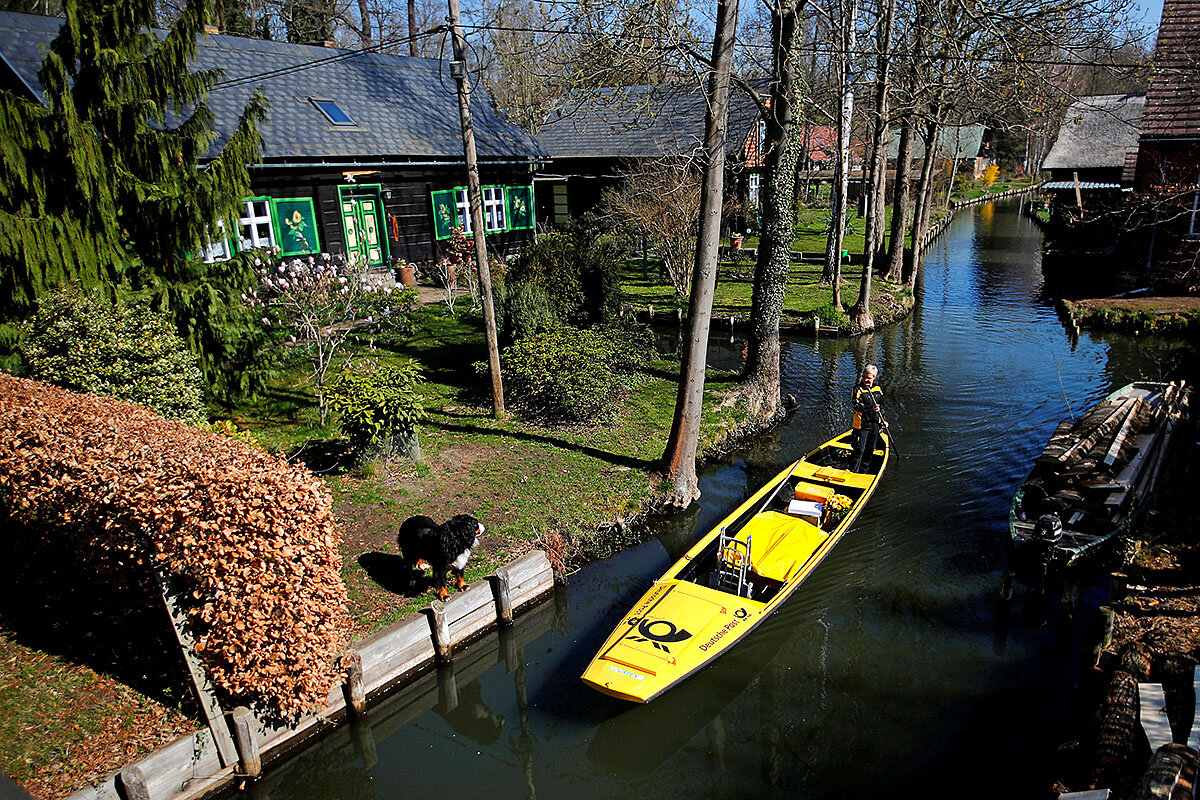Monitor Daily Podcast
- Follow us:
- Apple Podcasts
- Spotify
- RSS Feed
- Download
 Yvonne Zipp
Yvonne Zipp
Waste not, meet others’ wants.
That’s the message behind two stories of people taking things that would have been thrown out and giving them to those in need.
In Elkhart, Indiana, children get breakfast and lunch at school. But weekends can be tough for certain families. Elkhart Community Schools has teamed up with a nonprofit to cover Saturdays and Sundays.
“At Elkhart Community Schools, we were wasting a lot of food,” a student services person told TV station WSBT. “So they came to the school three times a week and rescued the food.”
The nonprofit, Cultivate, takes food the cafeteria has not served and turns it into frozen meals. For the rest of the year, 20 students are taking home backpacks stocked with eight meals so they won’t go hungry until the bell rings again. Elkhart hopes to expand the program to other schools.
In Kansas, Addy Tritt went on a shopping spree: She bought all the shoes a Payless, which is closing, had left and donated them to people hit by Nebraska’s floods. Ms. Tritt gets bonus points for haggling: She bought 204 pairs of shoes for $100.
The recent college grad seemed a little baffled by the attention – she makes a practice of buying and donating backpacks, clothes, and baby supplies, she told CNN.
“If you can help someone, you can’t put a price on it,” Ms. Tritt said. “It is the best feeling in the world.”
Monitor staff writer Laurent Belsie and photographer Melanie Stetson Freeman have been in Nebraska, talking to survivors of what the governor has called “the most widespread destruction we have ever seen in our state’s history.” We’ll have their first story tomorrow, about how the town of Lynch (pop. 230) rallied to save itself.
Now, for our five stories of the day.










